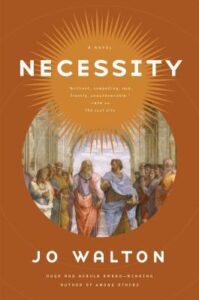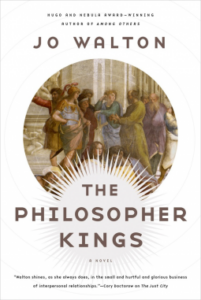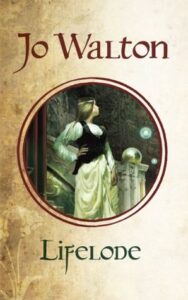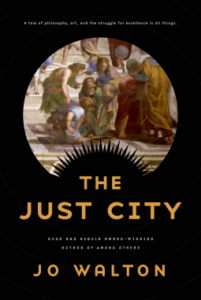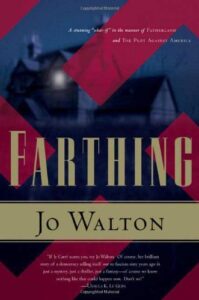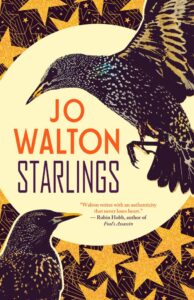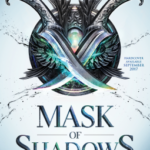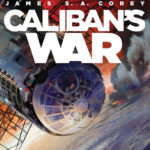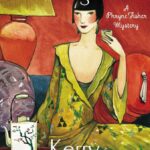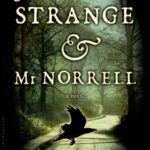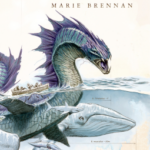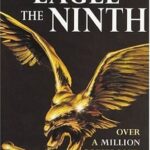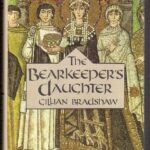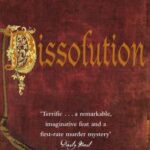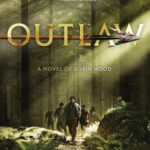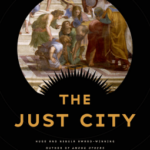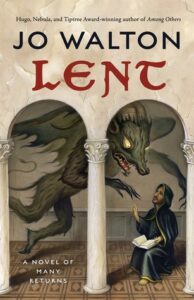 Lent, Jo Walton
Lent, Jo Walton
This review might be a little spoilery, so if you want to go in totally blind, this is more than just a high level overview of the setup. Just as a warning!
Though I didn’t know much about Savonarola, I thought that even for Jo, making me like him might be too much of a task — and here he’s the main character! But it works: with the first section of the book, we’re introduced to Savonarola, his genuine piety and his earnest attempts to rid himself of his sins, to the point where the first return burns. It’s just a horrifying moment, this holy man who loved God finding himself plunging into Hell, and finding that all his life has been a kind of cosmic joke, because there is no forgiveness, and even his “god-given” skills of prophecy and banishing demons are actually due to his demonic powers.
And then it begins again. This was a weaker part of the book for me, because it’s hard to avoid the repetition of all the different lives while also making it clear how much of a grind it is. The different lives are interesting in themselves, and it’s fun getting to see other sides of the same characters, and every return is still awful. But the actual resolution comes both too fast and too slow — it felt half too easy and half like reading it was about to become a drag. It’s an awkward line to walk, and I do think the book does a good job with something that’s difficult to portray well.
The section of this that is historical fantasy is beautifully done, and making me like — or at least be fascinated by — Savonarola when I was predisposed not to was quite a feat. I feel like I’m still chewing this one over, in a good way, even if I ended it not quite sure how I felt exactly. If I rated solely based on the punch in the gut of the first return section, I’d give it five stars.

